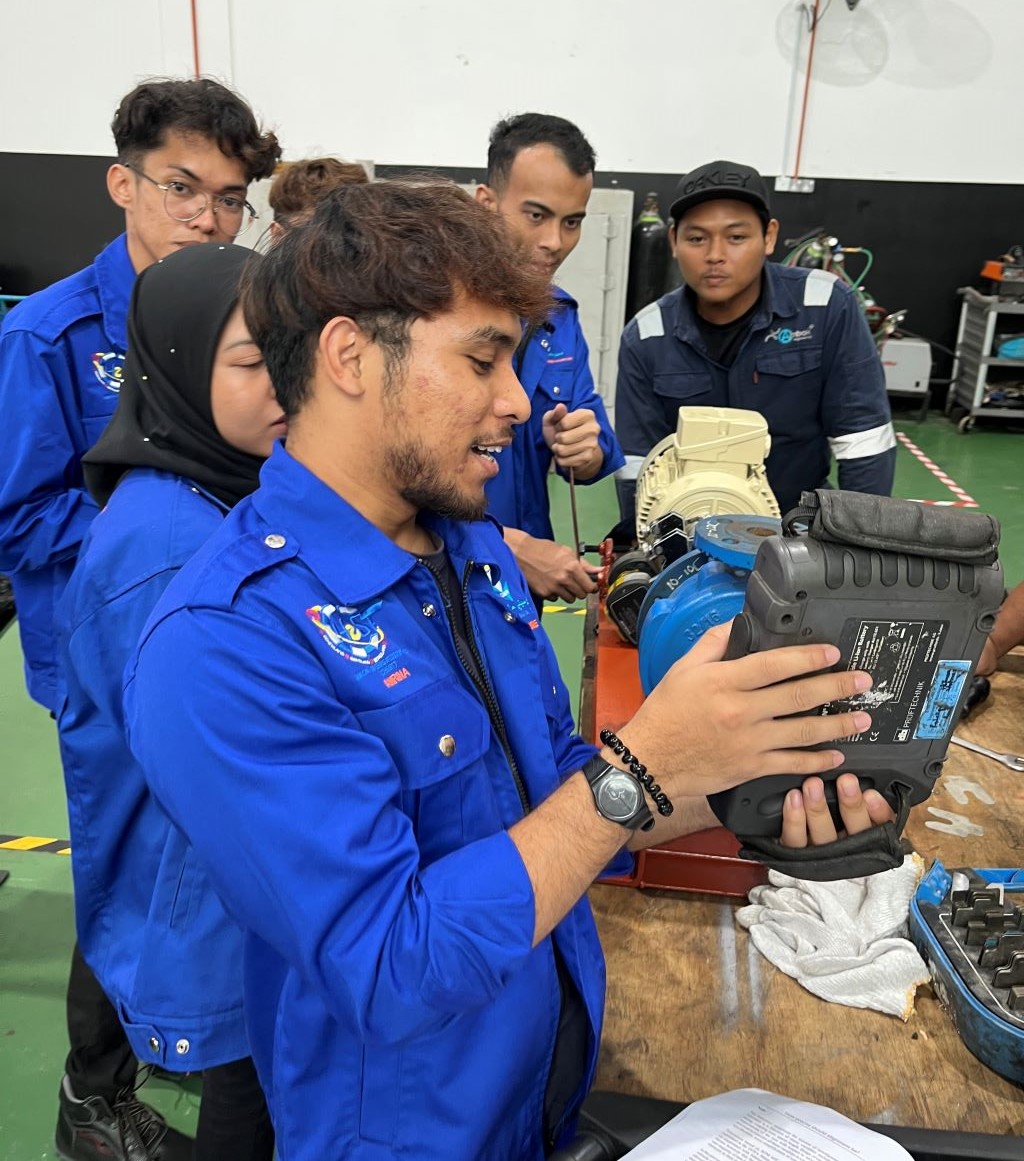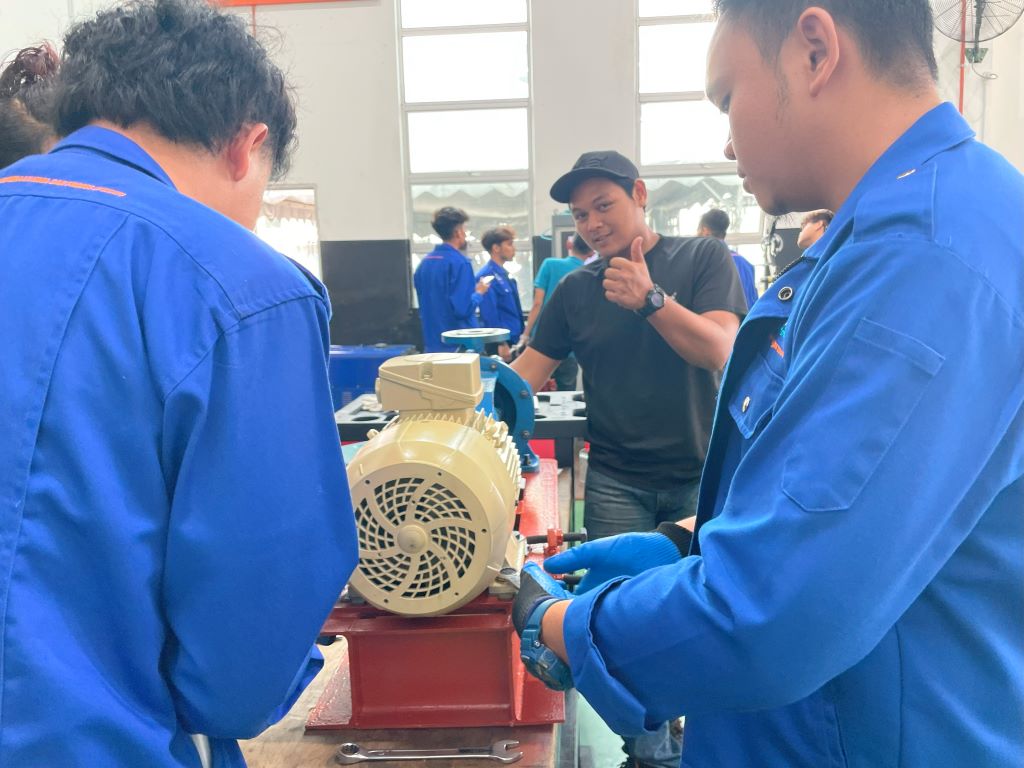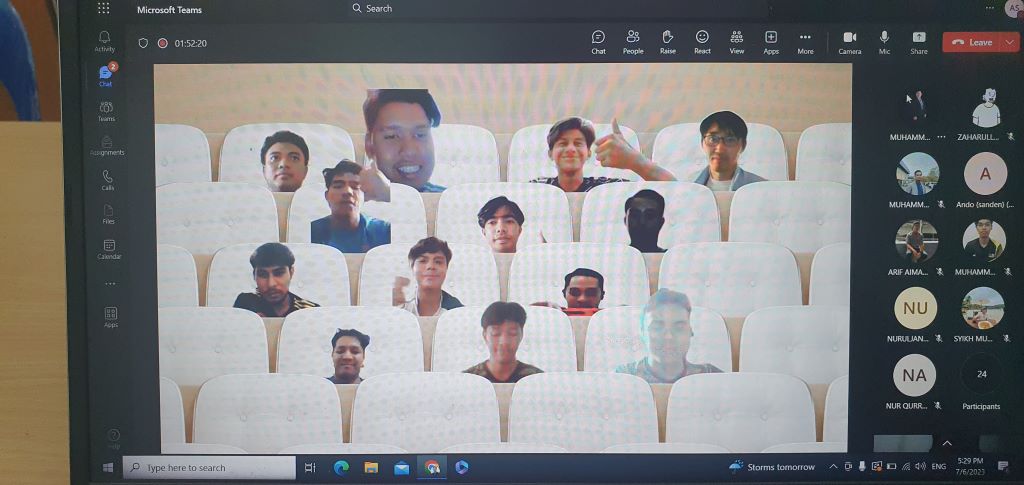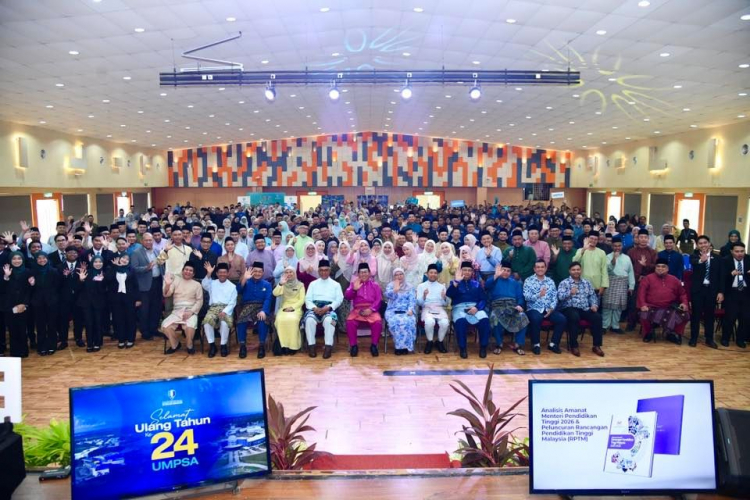Sustaining the High-Level TVET Education Programme
PAKA, 18 July 2023 - The perception of Technical and Vocational Education and Training (TVET) programmes as secondary class options must be stopped to ensure the sustainability of TVET programmes offered in the country, especially the high-level TVET programmes that remain the top choice for students after completing their secondary education.
In line with the recent announcement by the Ministry of Rural and Regional Development (KKDW), which targets a minimum wage increase for TVET graduates from RM1,500 to RM2,000, it has proven the government's commitment to empowering TVET programmes, particularly at the higher level, to ensure the country has a skilled workforce and reduce reliance on foreign labour.
The TVET programmes offered in this country not only teach conventional courses but also incorporate elements of the Industrial Revolution (IR 4.0) to align with current industry demands. This makes TVET graduates competent and readily employable by industry players.
The transformation towards IR 4.0 also demonstrates the government's commitment to empowering the country's TVET programmes. However, all these government efforts need to be translated into sustainable cooperation from the industry itself to ensure that the curriculum and employability of graduates are well-aligned with current industry needs.
According to the Head of Programme (Bachelor of Technology in Oil and Gas Facility Maintenance) (BVF) at Universiti Malaysia Pahang (UMP), Ts. Dr. Nurul Sa`aadah Sulaiman, collaboration between industry players and universities is crucial to ensure that graduating students will secure jobs.
"While the industry players can directly utilize their workforce without the need for lengthy practical sessions or 'on-job training'."
"The initiative of university lecturers taking students to the industry also allows them to see the facilities and equipment used in the industry, which may be different and not seen by the students themselves," she said during the visit of 20 students to the Petronas Chemical Ethylene (PCE) Sdn. Bhd. facility in Paka, Terengganu.
Furthermore, she added that the industry would also recognize TVET institutions that can contribute skilled labour to their workforce, which could help improve the quality of TVET education in the country.
During the programme, the students also had the opportunity to visit SIRIM Standards Technology Sdn. Bhd. in Kuantan.
Meanwhile, Dzainur Redha, a second-year BVF student, believes that this opportunity allows students to experience the real working environment compared to just seeing models on paper.
"The opportunity to visit and receive practical training in the industry is crucial for students to better understand what they have learned. This visit also strengthens and enhances learning activities in the classroom through industrial invitations to give lectures or teach parts of the existing curriculum," he said.
The industry also benefits from this cooperation as they have a better understanding of their own workforce needs, which can be translated into providing suitable curriculum programmes based on their requirements. This creates a win-win situation for both the industry and TVET institutions and strengthens the TVET learning ecosystem in the country.
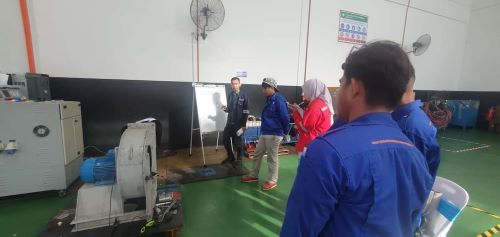
In addition, Universiti Malaysia Pahang's Global Classroom initiative is seen to enhance foreign language skills for TVET students who may be less competent in communication. This effort aligns with the aspiration of high-level TVET education to produce competent and skilled graduates.
Technical learning activities must be in line with current requirements to ensure the effectiveness and high impact of the skills and knowledge delivered.
UMP is one of the TVET institutions among the Malaysian Technical University Network (MTUN).
By: Ts. Dr. Azizul Helmi Sofian, Faculty of Chemical and Process Engineering Technology
Translation by: Aminatul Nor Mohamed Said, UMP Career Centre (UMPCC)
- 254 views


